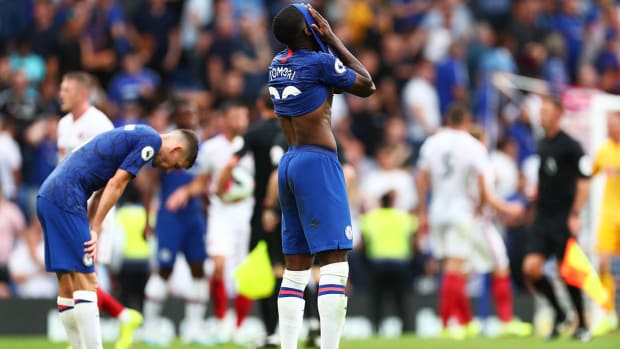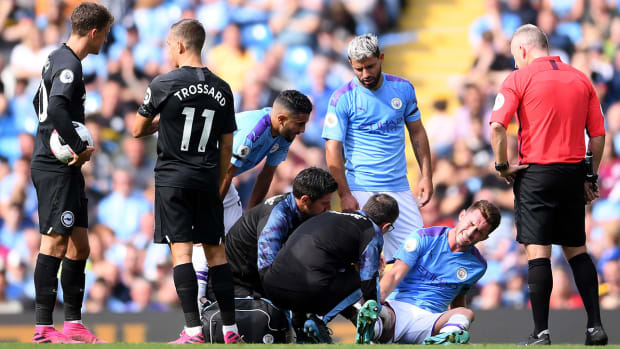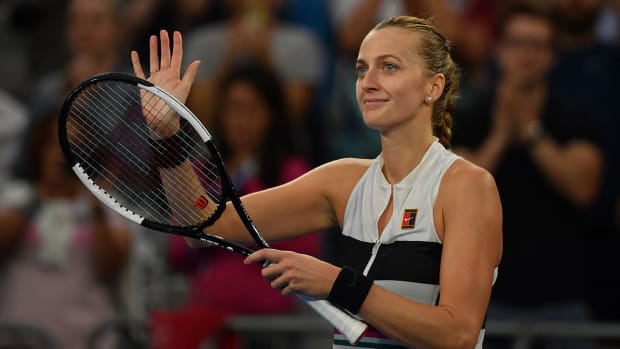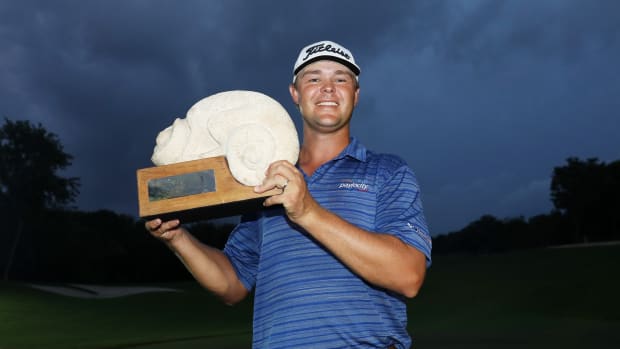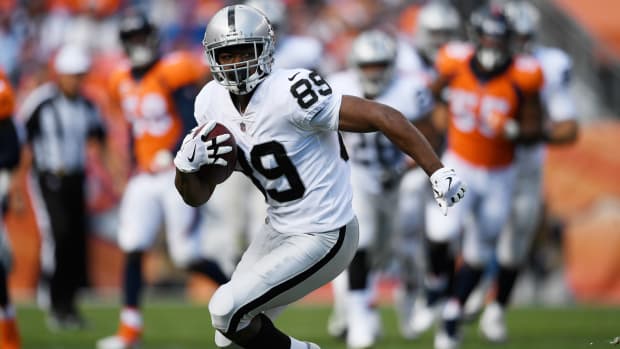Ice dance teams are best US chance for medals at home worlds
BOSTON (AP) Marina Zoueva, coach of the last two Olympic ice dance champions, recently came across a photo from a 2008 Junior Grand Prix in Madrid.
Alex Shibutani would have been 17, and his sister Maia just 14.
''Oh my God, they were so cute,'' Zoueva said Tuesday, laughing at the memory.
What makes her smile now is that the ice dancing siblings have, as Alex put it, ''entered the adult phase of our careers.'' Maia is 21 and he's almost 25, and they go into this week's world championships as contenders for the title.
''They start to be mature in their life,'' Zoueva said, and it's shown in their performances this season.
The Shibutanis won their first U.S. title in January, and last month they posted their first major international victory at the Four Continents Championships. Now worlds are in Boston, where Alex was born and not far from where they grew up in Connecticut as fans of the New England sports teams.
They long trained in Michigan under the Russian-born Zoueva alongside Canada's Tessa Virtue and Scott Moir, the 2010 Olympic gold medalists, and fellow Americans Meryl Davis and Charlie White, the 2014 Olympic champs. When both those teams took a break after Sochi, the Shibutanis became the focus of their group, and now they're starting to fulfill their promise.
''Just as a spectator, you really feel it this year,'' Davis said. ''While they've always been incredibly talented skaters - they've always had incredible skating skills - this year it really transcends the ice. That's when it impacts you as an audience member.''
The Shibutanis won a world championships medal before, a bronze way back in 2011 in their first season competing at the senior level in what Alex called ''just kind of a weird experience.'' Worlds were delayed and relocated that year because of the earthquake and tsunami that devastated Japan.
''It definitely put pressure that we didn't expect to have on us following that first senior season,'' Alex said.
''It maybe changed the trajectory of our career,'' he added. ''Maybe we weren't attacking and looking to grow as much for whatever reason. When you're that young you feel like you have to defend.''
He's grateful that they own a medal from worlds, realizing how many skaters work for years never to win one. And now the siblings feel ready to do it again.
As a brother and sister, designing programs can be a challenge because they can't tell romantic stories. But they've found two performances that click this season. Their short dance is the comedic ballet ''Coppelia,'' in which they both play humorous characters - Maia is a dancing doll.
Then their free dance is to Coldplay's ''Fix You,'' a song they both connect with. Its lyrics open: ''When you try your best, but you don't succeed.''
''Our program is a journey of perseverance,'' Maia said.
Coldplay's tour manager heard about their performance at U.S. Championships and invited them to the concert at Gillette Stadium, home of the New England Patriots, in July, where they'll get to meet the band.
''It's just been a lot of weird chains of events that have been exciting,'' Alex said.
Maybe all the way to a world championship.
The last time worlds took place in the United States in 2009, no Americans had ever won the ice dance title. Now the ice dancers are the U.S. skaters with the best chance to win a medal.
''To have multiple teams at the top vying for that world medal, it's exciting to see that depth,'' Davis said.
After Davis and White won world championships in 2011 and 2013, Madison Chock and Evan Bates took silver last year. Chock and Bates led after the short dance but were overtaken for gold by France's Gabriella Papadakis and Guillaume Cizeron.
Trying to make another step forward this season, Chock and Bates have instead taken some frustrating steps backward, finishing behind the Shibutanis at both U.S. Championships and Four Continents.
They've used three different short dances and made major tweaks to their free dance as well.
''We weren't getting the response that we wanted,'' Bates said.
Chock said they got ''a second wind'' after Four Continents, a sign for optimism but also an acknowledgement of how draining this season has been - ''really long and arduous,'' as Bates put it.
''I think that we've found the answers that we were looking for,'' he said.
Thinking about Chock and Bates, Davis recalled the disappointment of failing to defend the world title with White in 2012.
''In the end, it really made us so much stronger,'' she said, ''and gave us the opportunity to get to the place we needed to be in.''
